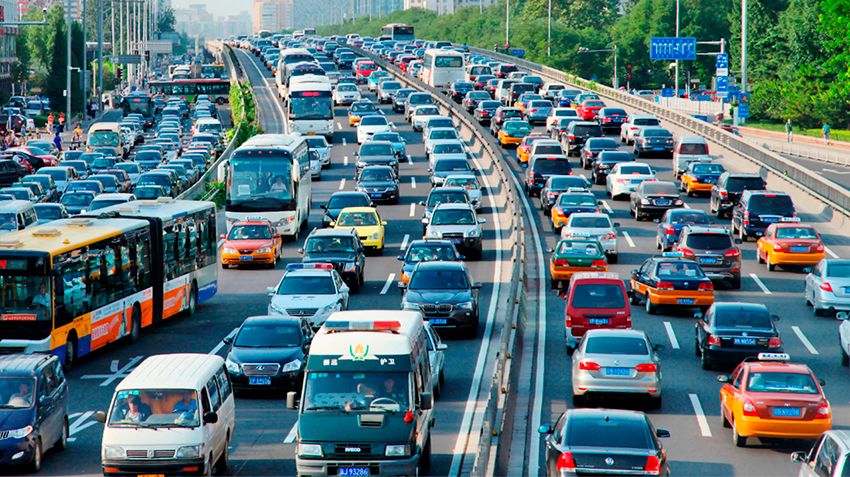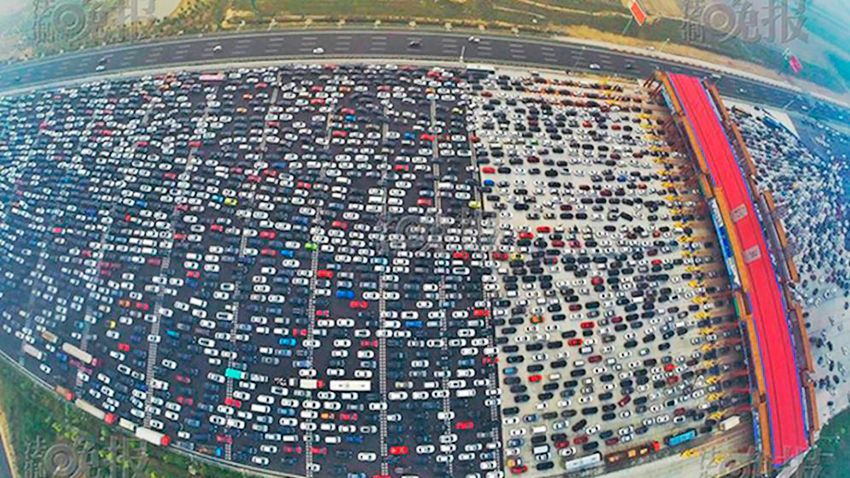The government of China was swept up in the search for effective incentives for a return to growth in the automotive market

6 September 2019
In Beijing I want to sell second hand in the province, at the same time stopping subsidies for electric cars
The Council of state and the Cabinet of Ministers of China last week published a long list of steps that must be taken to increase consumer demand.
In particular the proposals aimed at reviving car sales, contain a large package, however, is not new. Market realities and conflicting political objectives of the government, make these measures more like a wish than on policies.
The latest proposals are aimed at increasing sales of new vehicles, including electrified, as well as used vehicles.
In a press release the Council of State declares that it will reduce or remove constraints that several major cities have imposed on new car sales.
The Chinese Central government, however, said the same thing back in April. However, the eight cities are limiting new car sales, only two cities in the South of China – Guangzhou and Shenzhen have agreed to ease the restrictions, and then only for a while.
So, the authorities in Guangzhou and Shenzhen announced in June that they will sell 100 thousand and 80 thousand, respectively, from June 2019 to end 2020 beyond the existing annual quota.
Other Metropolitan areas still have not responded to the request of Beijing. These include the two largest cities of China – Shanghai and Beijing and four provincial capitals Tianjin, Hangzhou, XI'an and Guiyang.

This aerial photographs, filmed for the newspaper People's Daily China, depicts the crazy traffic in Beijing, which Chinese motorists stormed before the celebration of the National day of China, known as "Golden week"
However, in cities there are good reasons to oppose the proposals of the Central government: they are all overcrowded and constantly suffer from terrible traffic jams.In a paper published last week, the State Council also urged China to "actively" support the sales of electrified vehicles. And this despite the fact that in March, Beijing banned them to subsidise sales of electric vehicles (BEV) and rechargeable hybrids (PHEV) for the restrictions of local protectionism. So that in fact the provincial government there is little they can do to maintain demand in the automotive market.
In the same document, the Central government stated that to maintain the demand will push more cities to solutions for local residents to purchase second-hand cars in other cities or areas.
From 2016, Beijing has repeatedly made changes to policy restrictions on the market, but has not achieved the desired results.
Many Chinese cities, especially in coastal areas, tough enough to refuse to follow the pressure of the Central government because they want to reduce the emissions of cars.
Because of the campaign for the protection of the environment, which started in Beijing last year, most of the coastal cities were forced to upgrade the emission standards for vehicles (to State 6, the same Euro 6 – ed.) significantly ahead of original schedules in their tightening.
Faced with the impact of this "green" campaign is probably the last thing local authorities want to do is to open their markets for used cars, which is almost fully compliant with new environmental rules on emissions.
So, almost certainly new car sales in China will decline for the second year in a row, the first seven months of this year, given a drop of 11%.
The slowdown of the domestic economy China and the trade war with the United States weakened consumer demand for the vehicle.
If Beijing does not coordinate its political goals, its efforts are unlikely to lend the car market he so desperately needed positive boost.
PS Shorter than the right hand not knowing what the left is doing. The wish of Beijing is clear – we want and "go green" and market from depression to deliver. But still while saving on subsidies for electric vehicles to consumers. It's just a Swan, cancer and pike. It is characteristic that the local governments have become significantly to resist the urge the centre to solve their problems at their expense (we are in Central de, we ride on the most modern "green" cars, and you buy our smelly junk – ed.). It's certainly not Hong Kong, but there didn't really give confidence in defending their interests and for the Chinese domestic provinces. That way, China will come to their "Restructuring" is that using electric cars....
|
|
|
Element was not found.








